| MIAMI (AP) - State wildlife authorities want boaters to make note of seasonal manatee protection zones that take effect this week. Many of the zones take effect statewide on Saturday. Florida's manatees typically migrate to warmer waters in November. The large, slow-moving marine mammals will swim along rivers, bays and coastal areas searching for warmer temperatures in freshwater springs, canals and power plant outflows. In spite of their heft, manatees lack blubber to insulate them from cold water temperatures, so they must migrate to survive the winter. The Florida Fish and Wildlife Conservation Commission urges boaters to protect manatees by slowing down and looking for them in the water. Anyone who spots an injured manatee is encouraged to call wildlife authorities. Shark Bait Beach Gear Rentals offers personalized kayak and paddle board tours where you can see manatee and bottle-nose dolphin in their natural environs. "You need to be aware that it is against the law to (harass) manatee in any way." says Shark Bait CEO Scot Caviness. "We can get near them but FWC and federal regulations are fairly strict. It is a good idea to familiarize yourself with the rules governing manatee observation prior to setting out on an adventure" sharkbaitbeachgearrentals.com 561-248-5695 |
Florida Fish and Wildlife Conservation Commission
How to avoid harassing manatees
To avoid charges of harassment, DO NOT:
To avoid charges of harassment, DO NOT:
- give food to manatees
- use water to attract manatees to your boat, dock or marina (etc.) where manatees may be harmed
- separate a cow and her calf
- disturb manatee mating herds
- pursue manatees or chase them from warm water sites
- disturb resting manatees
- hit, injure or harm manatees
- jump on, stand on, hold on to or ride manatees
- grab or kick manatees
- block a manatee's path if one or more moves toward you
- hunt or kill manatees
- use your vessel to pursue or harass manatees
- "fish" for or attempt to hook or catch manatees

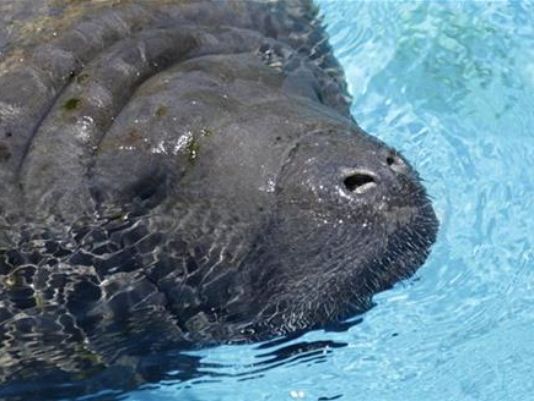
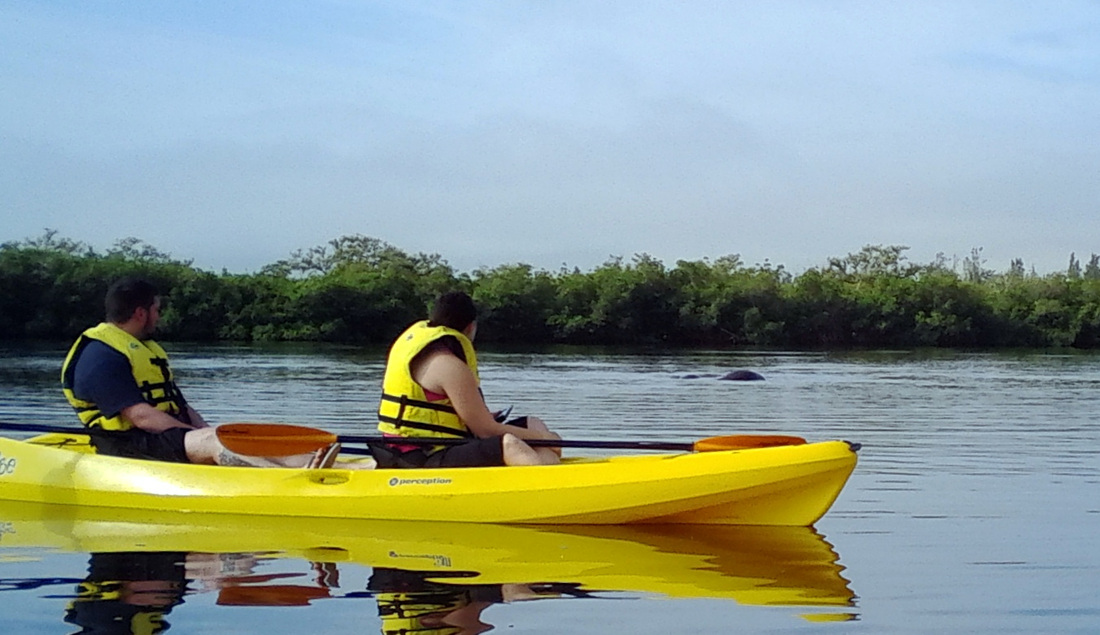
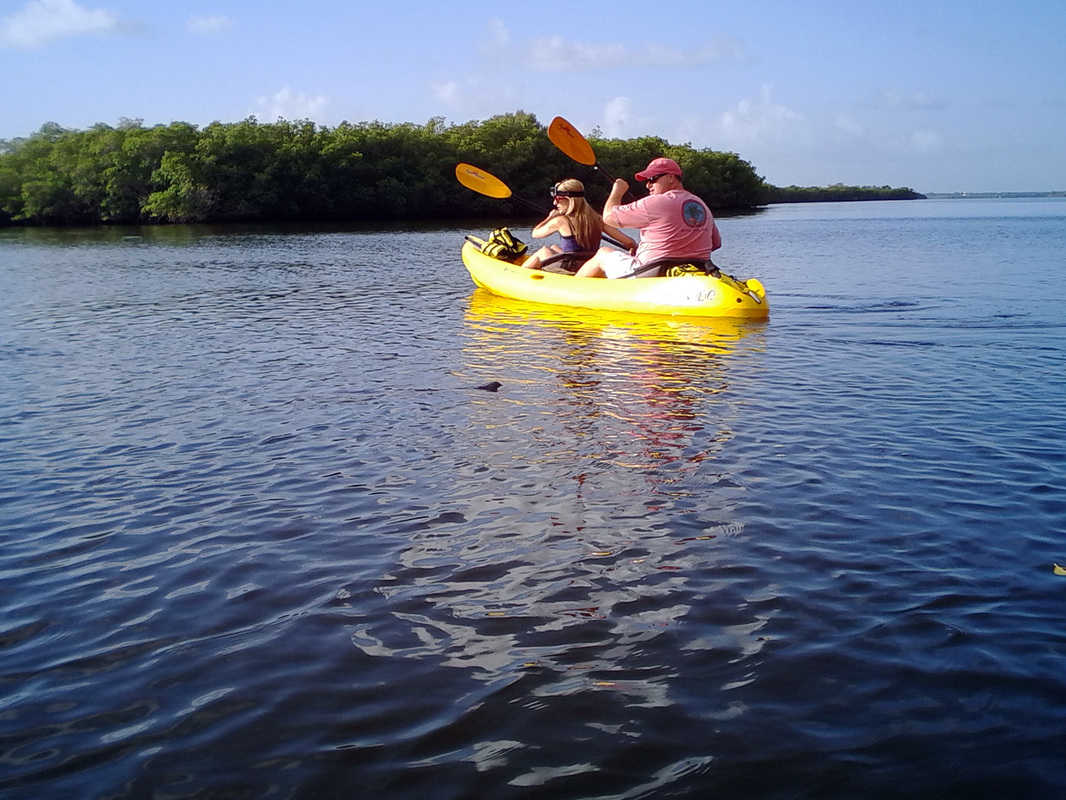
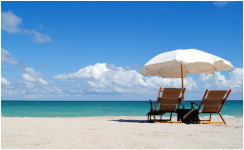
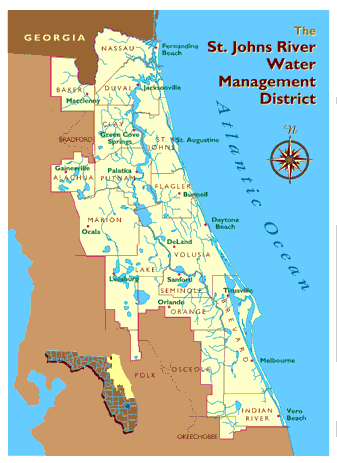
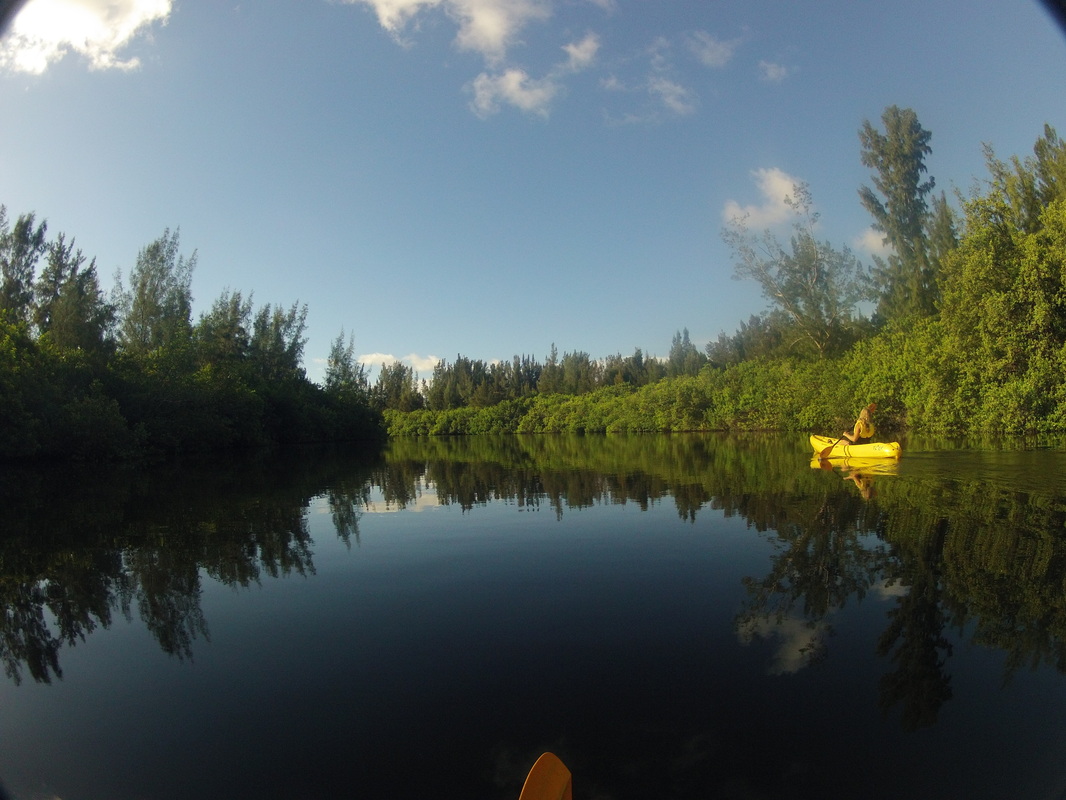
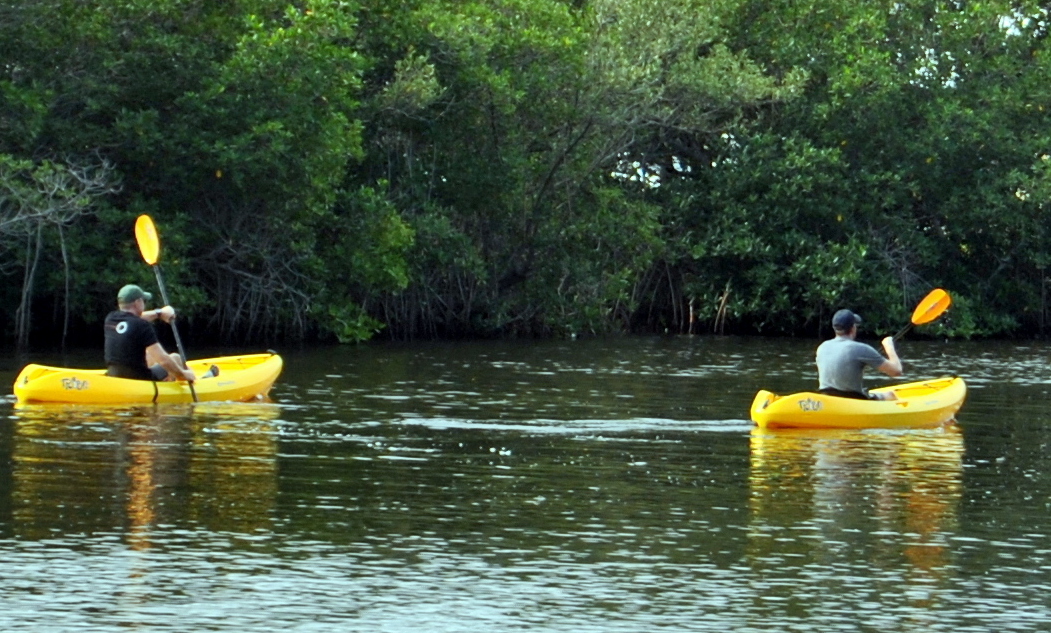
 RSS Feed
RSS Feed
